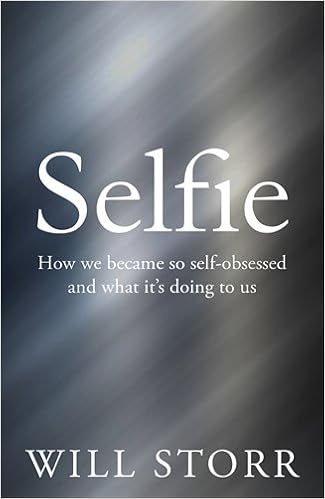 From Will Storr at the Guardian, on how the obviously false “self-esteem” bunkum in education received the status of “science”:
From Will Storr at the Guardian, on how the obviously false “self-esteem” bunkum in education received the status of “science”:
In the 1980s, Californian politician John Vasconcellos set up a task force to promote high self-esteem as the answer to all social ills. But was his science based on a lie?
The flawed yet infectious notion that, in order to thrive, people need to be treated with unconditional positivity first gained traction in the late 80s. Since then, the self-esteem movement has helped transform the way we raise our children – prioritising their feelings of self-worth, telling them they are special and amazing, and cocooning them from everyday consequences.
One manifestation of this has been grade inflation. In 2012, the chief executive of British exams regulator Ofqual admitted the value of GCSEs and A-levels had been eroded by years of “persistent grade inflation”. In the US, between the late 60s and 2004, the proportion of first year university students claiming an A average in high school rose from 18% to 48%, despite the fact that SAT scores had actually fallen. None of this, says Keith Campbell, professor of psychology at the University of Georgia and expert on narcissism, serves our youngsters well.
The trend he started is largely responsible for the epidemic of toxic, sometimes violent, snowflakes at universities today. It deprived many students from every culture and ethnicity of the tools needed to address disagreement and disapproval. And, let’s face it, most universities were caught off guard. They may be well-equipped to handle emotional fifteen-year-olds with adult brains but they are not well equipped to handle emotional three-year-olds with adult brains.
But now, coming home from the circus that Storr depicts, how did it all become science?:
With the national media given so much to snigger over, it was beginning to look as if Vasco’s mission was a bust. But there had been some good news: the University of California had agreed to recruit seven professors to research the links between low self-esteem and societal ills. They would report back in two years’ time. For Vasco, their findings would be personal. If the professors decided he was wrong, it was all over.
Then the lobbying began.
The credibility of Vasco’s task force turned largely on a single fact: that, in 1988, the esteemed professors of the University of California had analysed the data and confirmed his hunch. The only problem was, they hadn’t. When I tracked down one renegade task force member, he described what happened as “a f[*]cking lie”. And Vasco was behind it. More.
Remember this story when anyone asks us to take social science research seriously as a form of science, for any reason. Fun to listen to on one’s break but, in its present state, it should never influence social policy.
Note: The Guardian piece is adapted from Selfie: How We Became So Self-Obsessed And What It’s Doing To Us by Will Storr
See also: All sides agree: progressive politics is strangling social sciences
On why Americans “hate science” Health science is the way most people interact with science and in many areas, it is running neck and neck with the office rumor mill for credibility.
If this is science, yes we do hate it
and
Lindsay Shepherd does not teach at the same WLU that I attended (1967-1971)
Hat tip: Steven Hayward.